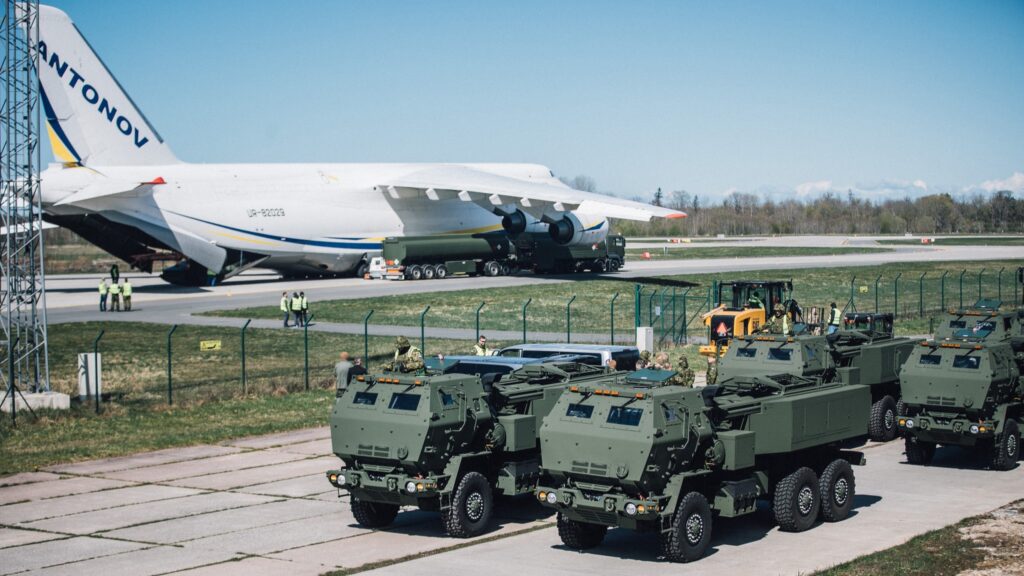Germany’s chief of defence has warned that NATO must be ready to repel a possible Russian attack within the next four years, suggesting that the Baltic states could be among the first in the firing line.
Speaking to the BBC at the Shangri-La Dialogue in Singapore, General Carsten Breuer said that Russia is rebuilding its military capabilities at pace and stockpiling equipment that may be used in an assault on the alliance’s eastern flank.
“There’s an intent and there’s a build-up of the stocks,” he said. “This is what the analysts are assessing – in 2029. So we have to be ready by 2029… If you ask me now, is this a guarantee that’s not earlier than 2029? I would say no, it’s not. So we must be able to fight tonight.”
General Breuer described the threat from Russia as “very serious” – unlike anything he had seen in his 40-year career. He noted that Moscow was producing approximately 1,500 main battle tanks annually and had manufactured four million rounds of 152mm artillery ammunition in 2024.
“Not every single tank is going to [the war in] Ukraine,” he said, “but it’s also going in stocks and into new military structures always facing the West.”
He pointed to the Suwałki Gap – the narrow stretch of land between Poland and Lithuania that separates Kaliningrad from Belarus – as particularly exposed. “The Baltic States are really exposed to the Russians, right? And once you are there, you really feel this… in the talks we are having over there.”

Describing conversations with Estonian officials, he added: “They feel the heat, see the flames and smell the smoke,” whereas in Germany, “you probably see a little bit of smoke over the horizon and not more.”
General Breuer said Russia views the war in Ukraine as part of a broader confrontation with NATO. “It’s trying to find ways into our defence lines and it’s testing it,” he said, citing cyberattacks on public transport networks and sightings of unidentified drones over German power stations.
He also pointed to suspected sabotage of undersea infrastructure in the Baltic Sea as part of this pattern of probing and destabilisation.
Calling on NATO members to rebuild their military capacities, he said: “What we have to do now is really to lean in and to tell everybody, hey, ramp up… get more into it because we need it. We need it to be able to defend ourselves and therefore also to build up deterrence.”

Despite political differences among NATO members – including Hungary and Slovakia’s notably softer stance towards Moscow – General Breuer insisted that the alliance remains solid.
“I’ve never seen such a unity like it is now,” he said. “All of them understand the threat that is at the moment approaching NATO, all understand that we have to develop a direction of deterrence, into the direction of collective defence. This is clear to everyone. The urgency is seen.”
Germany, like many Western nations, had significantly reduced its defence spending over the past two decades. But since Russia’s invasion of Ukraine, Berlin has signalled a reversal in posture. Even the traditionally pacifist Green Party has supported lifting restrictions on military budgets.
Nevertheless, questions remain over Europe’s ability to reconstitute its industrial base and match the scale of Russian weapons production. Meanwhile, the United States – NATO’s most powerful member – is increasingly pivoting its strategic attention to the Indo-Pacific.
As General Breuer’s remarks make clear, Europe may not have the luxury of time.

